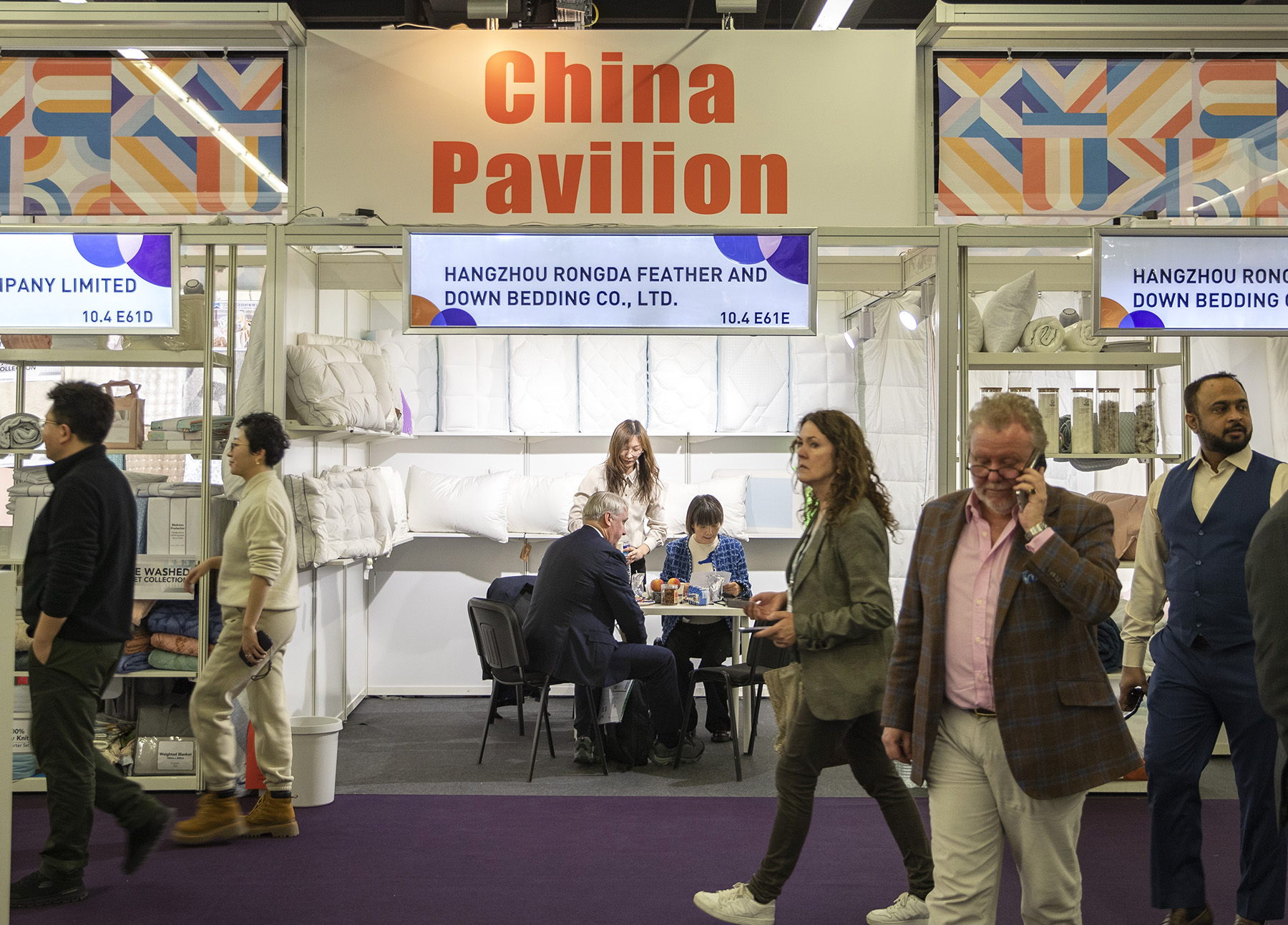Decades of mutually beneficial trade a firm foundation for two countries to expand upon

Fifty-two years since the establishment of diplomatic relations between China and Germany, bilateral economic and trade cooperation has maintained healthy and steady development, bolstering both China-Germany and China-Europe ties, a senior Chinese government official said at an "Invest in China" promotion event held recently in Stuttgart, Germany.
Ling Ji, vice-minister of commerce and China's deputy international trade representative, said at the event that for 49 consecutive years, Germany has been China's largest trading partner in Europe, and for eight consecutive years, China has been Germany's largest global trading partner.
Sino-German trade accounts for 30 percent of China-Europe trade and German investment in China accounts for 30 percent of the European Union's investment in China.
He mentioned that German companies have long-term investments in the Chinese market, fully leveraging their advantages in capital, technology and management.
They have not only contributed to the development of the Chinese economy but reaped substantial returns, enhancing their global competitiveness. In particular, many small and medium-sized enterprises in Germany have invested and operated in China, achieving mutual growth with the Chinese market, Ling said.
China is vigorously developing new quality productive forces. Emerging fields such as technological innovation, green and low-carbon initiatives, clean energy, the circular economy and the digital economy are full of business opportunities and vitality. Investing in China means investing in the bright future of Sino-German economic and trade cooperation. The Chinese government is firmly committed to promoting high-quality development and high-level openness, expanding market access, protecting the legitimate rights and interests of foreign investors, and continuously creating a market-oriented, law-based and internationalized business environment, he added.
Hans-Peter Friedrich, chairman of the German-Chinese Parliamentary Friendship Group at the Bundestag, the German lower house of parliament, said during the event that extraordinary achievements have been made in Sino-German economic and trade cooperation, serving as a model for globalization.
Looking to the future, the unstoppable tide of globalization requires both countries to join hands in addressing challenges and commit to trade liberalization and facilitation, bringing greater certainty to cooperation between German and Chinese enterprises, he said.
Walter Doering, chairman of the German Hidden Champions Association, noted that the rapid growth of small and medium-sized businesses in Germany over the past few decades is inseparable from the favorable environment and advantageous conditions created by economic globalization and the refined division of labor in the industry and supply chains. The Chinese market has played an important role and the future opportunities and potential cannot be ignored. The association is willing to build more platforms for German SMEs to expand cooperation with China.
During the event, executives from German companies such as Bosch Group, Zollern, Krones and Elring-Klinger shared their success stories of investment and operation in China.
For example, Bosch has continued to invest in Chinese new energy, smart mobility and other fields, with China becoming its largest single market outside of Germany. Zollern (Tianjin) Machinery, since its establishment in 1997, has witnessed the steady growth of its annual output value. Over the past three decades, Kern-Liebers' Taicang plant has grown from a workshop with six people to a company with an annual output value of 1.5 billion yuan ($206.95 million). ElringKlinger highly appreciates the new opportunities brought by China, believing that investing in China was the best decision the company made, having expanded its investment in China several times over in little more than 10 years.
Meanwhile, representatives from industrial parks, enterprises and local regions including Shanxi and Shaanxi provinces, Tianjin and Suzhou, introduced resource endowments, advantageous industries, business environment and investment opportunities, arousing interest among German enterprises at the event.
After the meeting, Chinese government departments, industrial parks and enterprises held in-depth discussions with German enterprises, addressing issues in key sectors such as biomedicine, energy and chemical industries, equipment manufacturing, energy conservation and environmental protection.


